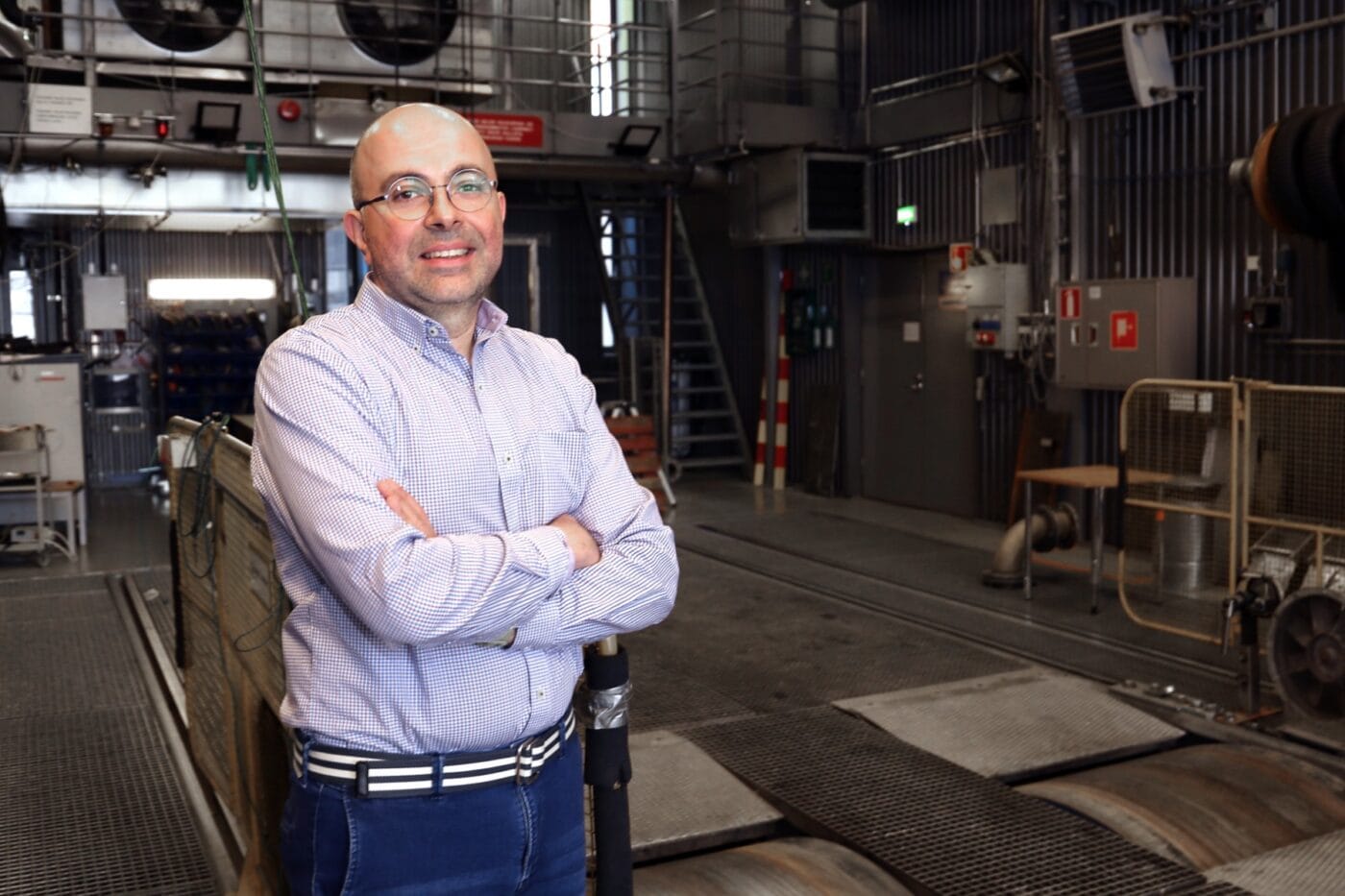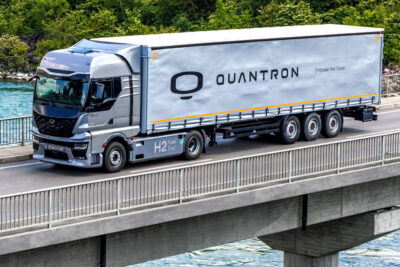Commercial megawatt charging project launched in Europe
The project has been named the Multipoint megAwatt Charging for Battery Electric Truck Hubs (MACBETH) initiative, and is being led by the VTT Technical Research Centre of Finland. The project is set to run until January 2029, and includes a range of European partners such as PostNord Denmark, MAN Truck & BUS SE, Power Electronics Espana, and others. Its primary focus will be to develop solutions for megawatt charging systems (MCS) that can be deployed at multi-user charging hubs.
This will be achieved through what the project is calling ‘two large-scale demonstration pilots’. In essence, this will see the creation of ‘hybrid charging stations’ – which here refers to the provision of charging for both heavy- and medium-duty commercial vehicles, as well as private vehicles. These charging stations will act as the basis for testing a range of relevant technologies being developed by partner companies.
For instance, the Dutch firm Rocsys aims to test a robotic charging arm which enables drivers to rest during charging. Joost van der Weijde of Rocsys said: “Currently, drivers must exit their vehicles, handle heavy charging cables, and interrupt their break time. By automating the charging process, we’re addressing critical ergonomic, operational, and safety challenges in electric heavy-duty transport.”
Another partner of the scheme is Kempower, which has a background in DC charging solutions for both passenger EVs and commercial vehicles – and last year presented its own megawatt charging system. Ville Naumanen, Kempower Research Director, commented: “We’re bringing crucial equipment and expertise to the table. Currently, megawatt charging infrastructure is very rare in Europe, and our technologies will be key to bridging this critical gap.”
At this early stage, further technical details on the project remain scant. But the project’s coordinator, Yancho Todorov – a senior scientist at VTT (pictured) – has said it will involve a holistic approach to the technology, and that the project aims to develop a scalable basis for these solutions. Todorov said: “To create a functional charging infrastructure, we need to investigate many aspects, including various charging hub designs, hardware systems, plug standards, safety enabling robot technologies, as well as practical experiences of logistics companies in operating electric trucks.”
Either way, it marks a big step forward for MCS technology in Europe, which lags behind the likes of China when it comes to offering the technology publicly. However, there are a number of early private initiatives kicking off across the continent. Earlier this month, BYD announced that it plans to build a network of megawatt chargers for electric cars in Europe, but these would not be designed for commercial vehicles. Shell is also currently constructing an MCS test centre in Hamburg. It will be Germany’s most powerful test centre for heavy-duty charging infrastructure, and aims to enable charging capacities of up to five megawatts in future.
There are several other private companies working on the technology, including Milence, Gruber Logistics, Ionity and others. Despite this, the MACBETH initiative remains one of the first major MCS initiatives in Europe to focus on hybrid private-commercial use and be backed by the European Commission – which in itself should help move deployment of megawatt charging forward.





0 Comments